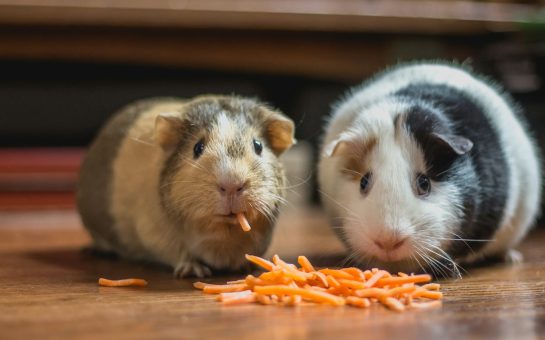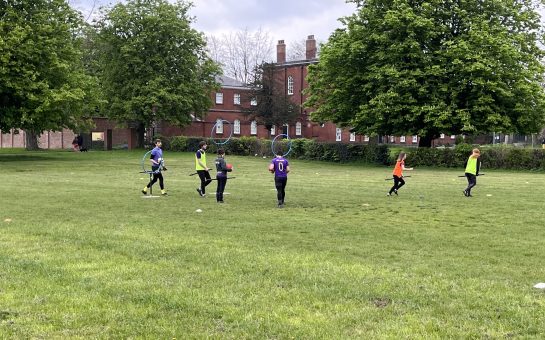A disease that threatens the existence of at least 200 species of frog is currently being studied at Manchester University with the hope of eventually finding a way to combat this amphibian killer.
Chytrid fungus (Batrachochytrium dendrobatidis) is one of the world’s most devastating animal diseases and is the reason why 31% of amphibian species are currently listed as threatened by the International Union for the Conservation of Nature.
This latest investigation carried out at the uni used bacteria from frogs in Belize, where species have shown resilience despite the long-term presence of the disease in the area.
Dr Rachael Antwis, who carried out the study whilst completing her PhD at Manchester’s Faculty of Life Science, explained how important it was to put a stop to the spread of this fatal disease.
“Amphibians inhabit the middle of the food chain, making up a vital part of our ecosystem – if they go then that could spell disaster for many more species,” she said.
“A lot more work is definitely needed before we can identify an effective cure for this devastating disease.
“But, as a scientist, I believe we not only have a moral obligation to keep searching, but an ecological one too.”
The study aims to test the limitations of probiotic treatments and introduce bacteria cultivated from amphibians that aren’t affected by the disease to those at risk of infection to boost their immunity.
Dr Antwis explained that it was a common procedure to help combat certain diseases.
“Using beneficial bacteria to act as ‘probiotics’ for disease mitigation is already common in agriculture and human health,” she said.
“In fact, many bacteria that reside on amphibian skin have been shown to inhibit the growth and survival of the disease.
“However, the reliability of the potential probiotics hasn’t been tested against the shifting targets the disease presents.”
Overall, 56 strains of bacteria were isolated and stored for use in the laboratory.
The team challenged the bacteria against different genetic strains of the disease, and then looked at whether the bacteria had inhibited the growth of the disease in its various forms.
They found the bacteria performed in a variety of ways with only a small number inhibiting all forms of the disease.
The bacteria that had an impact on one strain of the disease didn’t have the same impact on the other genetic variations.
Dr Trenton Garner, from The Zoological Society of London’s Institute of Zoology, explained that a wider variety of bacteria needed using in light of the results.
He said: “Because only a small proportion of the bacteria that could be used as candidate probiotics showed broad-spectrum inhibition against the global pandemic lineage, we believe probiotic treatments are unlikely to be consistently successful when confronting a variety of fungal genotypes.
“Because of the enormous genetic variability of the disease and its ability to rapidly evolve, it’s vital that any treatment takes this into account.
“We suggest that a variety of bacteria be used when creating probiotic treatments as this is likely to offer more comprehensive protection of hosts from B. dendrobatidis and other threatening amphibian pathogens.”
The results of the study have been published in the journal Applied and Environmental Microbiology.
Moving forward, the scientists say that further research is needed to fully understand how bacteria inhibit the growth of the fungus and its ability to infect hosts.
But this study demonstrates some hope for finding effective probiotic treatments from within the amphibian community.
Image courtesy of Thomas Shahan with thanks.



